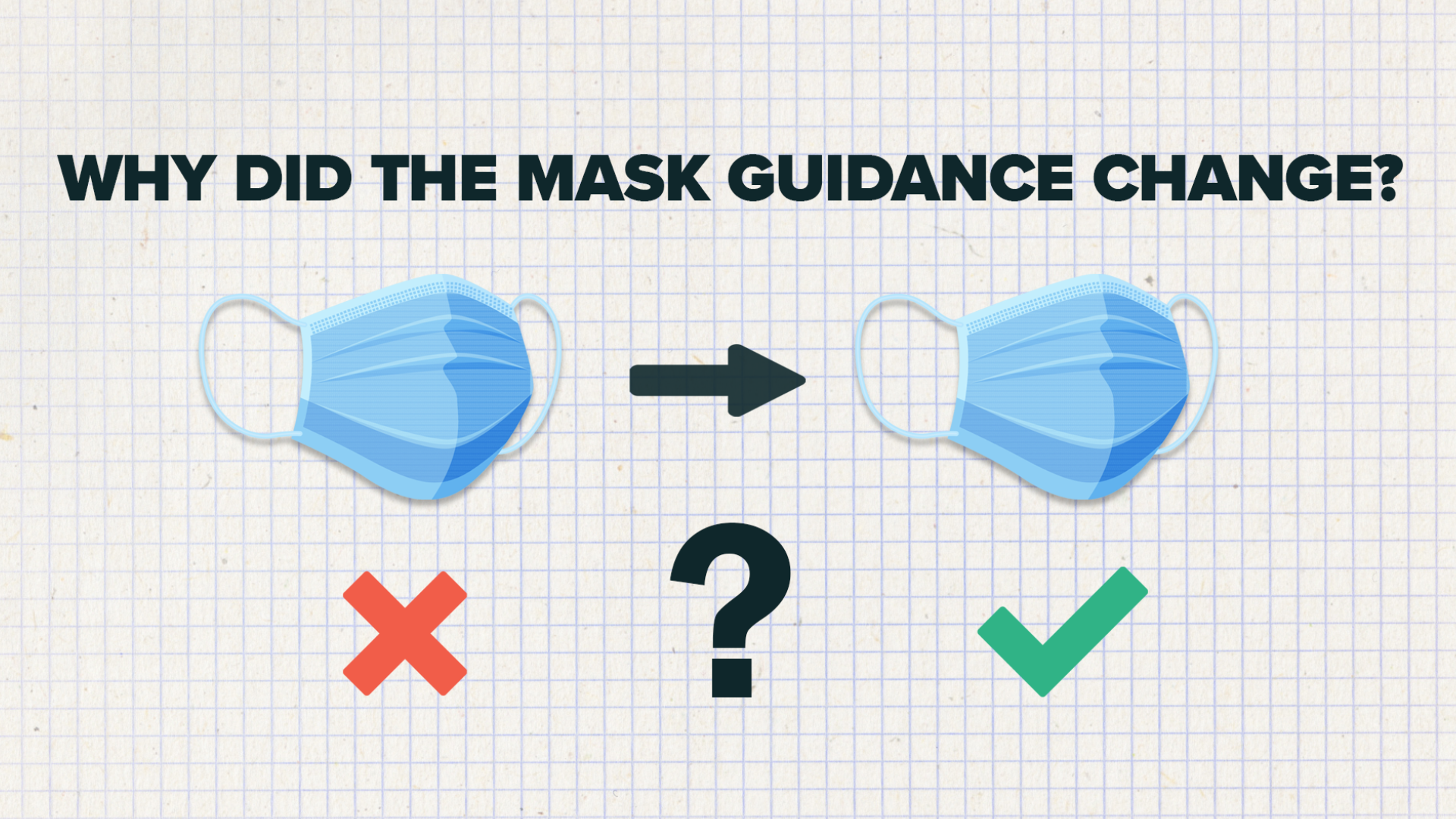The coronavirus pandemic has grown to more than 2.5 million cases worldwide. Countries and U.S. states are moving to reopen gradually amid the warnings that acting too quickly could be harmful.
As concerns about coronavirus has grown, so have all the questions about symptoms, social distancing, stimulus checks, and much more.
We've put together a database featuring more than 100 questions from you, our viewers, specifically about COVID-19. And if you don't see your question in there, you can submit yours and our VERIFY team will work to get the answer for you.
Before we get to the list of 100 questions below, here are a couple of the most-commonly asked coronavirus questions in recent weeks.
How can I check the status of my stimulus check?
Around 80 million Americans should have received the one-time economic stimulus payments directly into their accounts during the first week. The IRS said on April 20 that it had started mailing checks to those who haven't set up direct deposit.
The IRS launched its 'Get My Payment' tool that allows taxpayers to check on the status of their payment, confirm how they want to be paid (direct deposit or check) and to enter their bank account information for direct deposit purposes.
However, many have said they've seen a 'Payment Status Not Available' message from the new tracker. The IRS has even added a section addressing this on its "Frequently Asked Questions" page.
RELATED: Getting 'Payment Status Not Available' from the new IRS stimulus check tracker? You're not alone
How do I know if I have coronavirus, allergies or the flu?
Coronavirus, or specifically COVID-19, symptoms will appear within two to 14 days after exposure. This includes fever, cough and shortness of breath or difficulty breathing.
The big difference between coronavirus and the flu or allergies is that congestion, frequent sneezing, body aches and fatigue or weakness are not typical.
Influenza is a viral infection that attacks your respiratory system — your nose, throat and lungs. Symptoms will appear within four days of being exposed and include the following: Fever over 100.4 F (38 C), Dry cough, Chills and sweats, Congestion, Sore throat, Muscle aches, Fatigue and weakness
Allergy symptoms include sneezing, itchy nose, itchy eyes, itchy roof of the mouth, runny/stuffy nose and watery, red or swollen eyes.
Common colds are caused by viruses, while seasonal allergies are immune system responses triggered by exposure to allergens, such as seasonal tree or grass pollens.
Click here for a more detailed breakdown of these illnesses, common treatments and other information.

